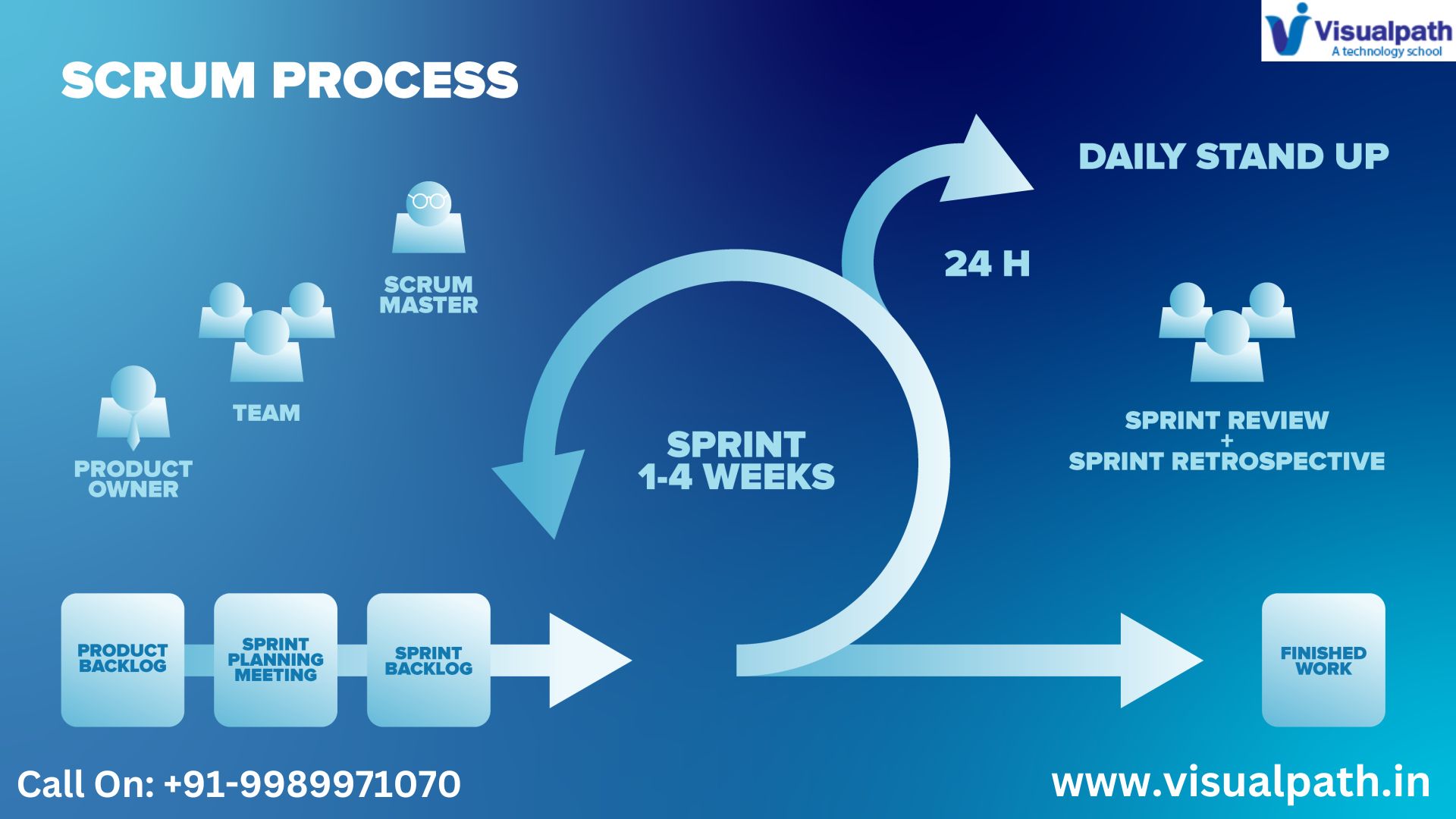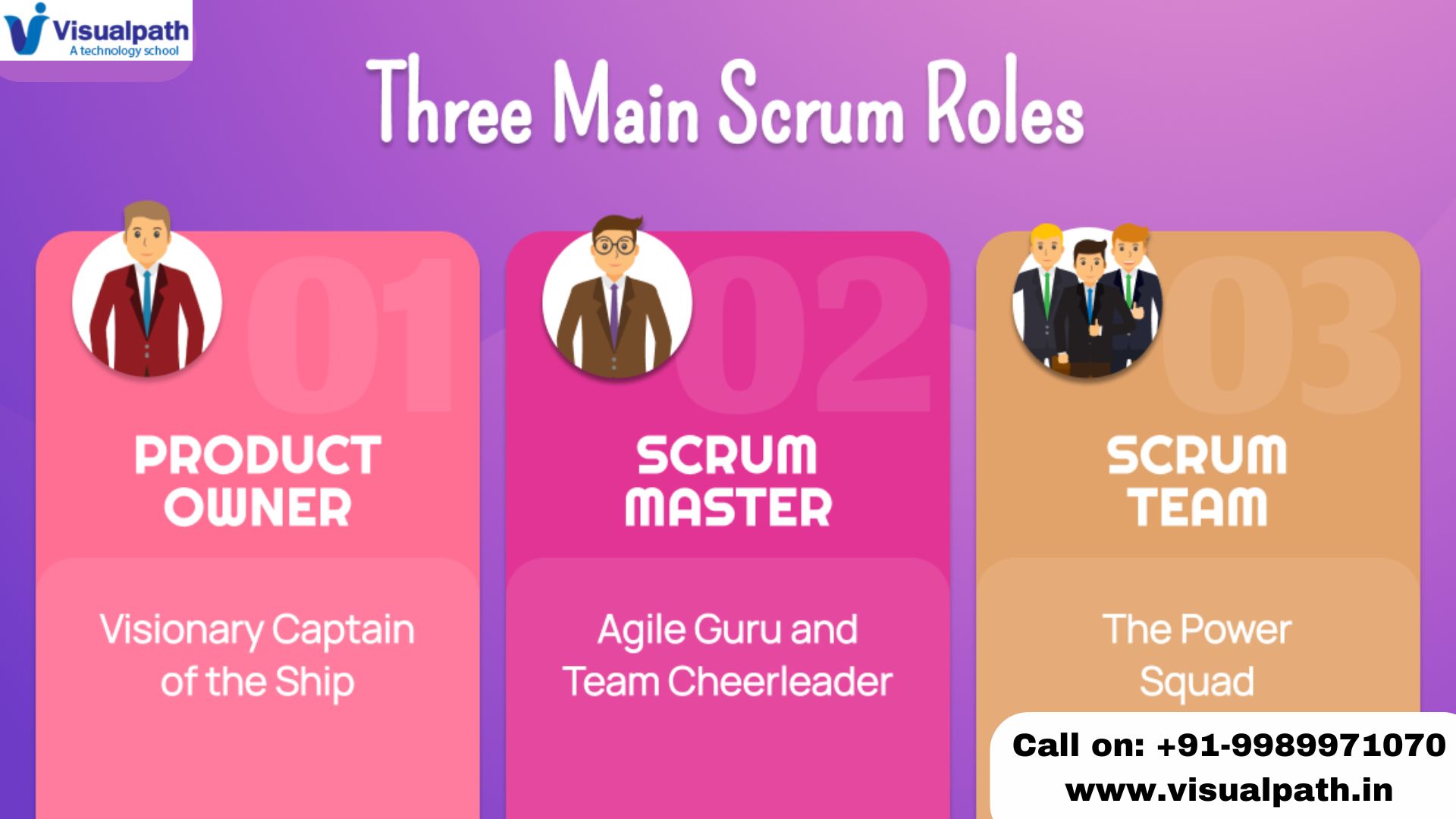The Scrum Master Course is designed to equip professionals with the skills and knowledge needed to lead agile teams effectively, fostering collaboration and ensuring smooth project execution. In any agile environment, the role of the Scrum Master is pivotal, acting as a facilitator, coach, and mentor to the team. However, even the most well-trained Scrum Masters face challenges when guiding teams through the complexities of Scrum methodology. From team dynamics to navigating organizational hurdles, mastering these obstacles is crucial in order to build strong, self-organized, and high-performing agile teams. The Scrum Master Training prepares individuals to tackle these challenges with practical strategies and tools that promote agility and resilience within teams.
One of the core objectives of the Scrum Master Course is to teach participants how to navigate common challenges that arise in an agile environment. Scrum Masters are responsible for removing impediments that may hinder the team’s progress, which can include everything from interpersonal conflicts to organizational roadblocks. Additionally, they need to ensure that the team is adhering to Scrum principles while still allowing for flexibility. Achieving this balance requires both technical expertise and strong leadership skills, which are covered in-depth during the Scrum Master Training.
Navigating Challenges as a Scrum Master :
A key challenge that Scrum Masters face is dealing with team resistance to change, especially in organizations that are transitioning from traditional project management methods like Waterfall to agile frameworks. Resistance can stem from a variety of factors, including a lack of understanding of Scrum, fear of losing control, or simply the comfort of old habits. The Scrum Master Course provides participants with techniques to manage resistance and facilitate change by creating a culture of openness and continuous improvement. Through effective communication and coaching, Scrum Masters can help teams embrace the principles of Scrum and overcome initial reluctance.
Another common challenge is managing cross-functional teams that may not be accustomed to working in a collaborative manner. In Scrum, teams are expected to be self-organizing and to take ownership of their work. However, fostering this mindset requires patience and a supportive environment. The Scrum Master Training teaches how to promote teamwork by encouraging open dialogue, facilitating daily stand-ups, and fostering a culture of accountability. Scrum Masters are taught to observe team dynamics carefully and intervene when necessary, helping the team to resolve conflicts and maintain focus on their goals.
Furthermore, external pressures such as unrealistic deadlines, scope creep, and stakeholder interference can pose significant challenges. In the Scrum Master Course, participants learn how to shield the team from these distractions, allowing them to focus on delivering incremental value. This may involve negotiating with stakeholders to manage expectations, refining the product backlog, and ensuring that the team has a clear understanding of the project’s priorities. By acting as a buffer between the team and external pressures, Scrum Masters can create an environment where the team can thrive without unnecessary stress.
Building Strong Agile Teams:
Building strong, self-organized agile teams is one of the primary goals of a Scrum Master, and it requires more than just technical expertise—it demands emotional intelligence, leadership, and the ability to cultivate a positive team culture. The Scrum Master Training emphasizes the importance of creating an environment that promotes collaboration, innovation, and trust. When team members trust each other, they are more likely to share ideas, ask for help, and work together to solve problems, which ultimately leads to better outcomes.
A strong agile team is characterized by its ability to adapt to changing circumstances and continuously improve its processes. The Scrum Master Course teaches participants how to encourage this adaptability by fostering a growth mindset within the team. Scrum Masters learn how to guide teams through regular retrospectives, where they reflect on their performance, identify areas for improvement, and implement actionable changes. By promoting a culture of continuous learning, Scrum Masters can help their teams become more resilient and responsive to challenges.
In addition to fostering collaboration and adaptability, the Scrum Master Training also covers techniques for enhancing the team’s productivity. Scrum Masters are taught how to use metrics such as velocity, burn-down charts, and cycle time to monitor progress and identify potential bottlenecks. By providing the team with clear, data-driven insights, Scrum Masters can help them make informed decisions and stay on track. Moreover, the course emphasizes the importance of keeping the team focused on delivering value to the customer, which is the ultimate measure of success in any Scrum project.
A key element in building strong teams is empowering them to make decisions and take ownership of their work. The Scrum Master Course emphasizes the importance of delegation and trust in agile teams. Scrum Masters are trained to step back and allow the team to make decisions, while still providing guidance and support when needed. This balance between autonomy and support helps build confidence within the team, leading to greater innovation and efficiency.
Conclusion:
The Scrum Master Course plays a critical role in preparing professionals to navigate the complexities of Scrum while building strong, high-performing agile teams. Through the Scrum Master Training, participants learn how to overcome common challenges, such as resistance to change, team dynamics, and external pressures, by applying practical strategies and fostering a positive team culture. Scrum Masters are also equipped with the skills needed to cultivate collaboration, encourage continuous improvement, and enhance productivity, all of which are essential for success in an agile environment.
By the end of the Scrum Master Course, participants have the knowledge and tools to not only manage challenges but also to build resilient, self-organized teams that deliver value to the customer. Strong leadership, emotional intelligence, and a deep understanding of Scrum principles are critical components of this journey. As businesses continue to adopt agile methodologies, the role of the Scrum Master will remain crucial in driving team success and ensuring the delivery of high-quality products. Through effective training, Scrum Masters can lead their teams to overcome obstacles and achieve long-term success.
Visualpath offers Scrum Master Course for the next generation of intelligent business applications. Scrum Master Training from industry experts and gain hands-on experience with our interactive program. Enroll Now! Call +91-998997107
Course Covered:
Jira, Scrumwise, VivifyScrum, Quickscrum, Trello, Asana, Collaboration, Axosoft, Nutcache, Integrations.
Attend Free Demo
Call Now: +91-9989971070
Whatsapp: https://www.whatsapp.com/catalog/919989971070
Visit: https://www.visualpath.in/online-scrum-master-course.html



